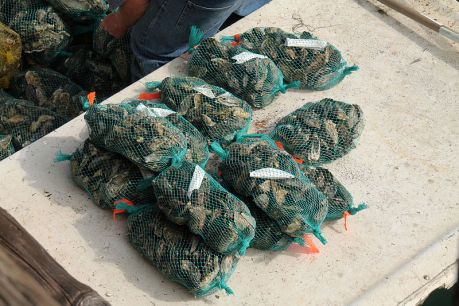
Enhanced knowledge transfer and online tools have strengthened networking and knowledge transfer in Europe’s shellfish sector. This has direct bearing on the competitiveness of European aquaculture.
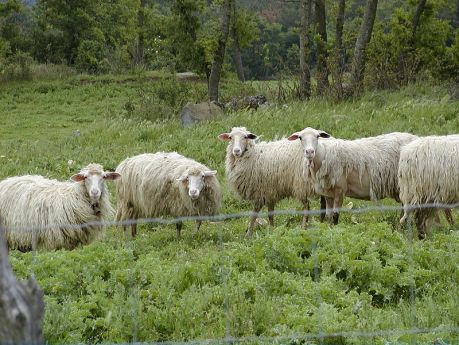
Tick-borne parasitic infections are common in small ruminants such as sheep, goats, deer and other related species. Through a combination of immunology, genomics and vaccinology, researchers from 11 countries investigated ways to improve existing vaccines and create new ones.
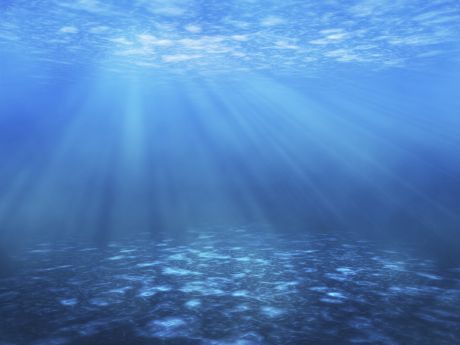
An EU initiative developed a network of marine coastal observatories to standardise and streamline data collection and management for global ocean monitoring.
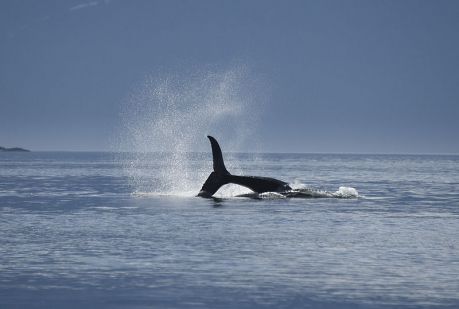
Ecosystems in the North Atlantic Ocean are crucial for the ecological, economic and societal health of both Europe and North America. EURO-BASIN an EU initiative analysed the basin-scale processes impacting these ecosystems, from natural climate change to anthropogenic pressures.
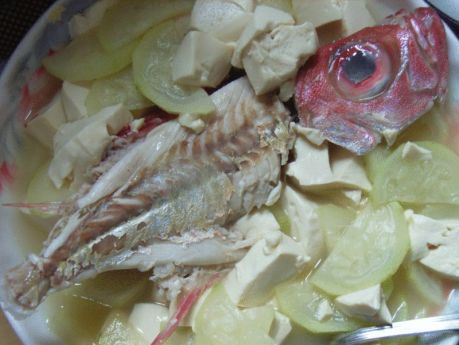
An EU-funded initiative designed a fermentation process for low-value fish raw materials to produce new food products with improved shelf life and high consumer acceptance.
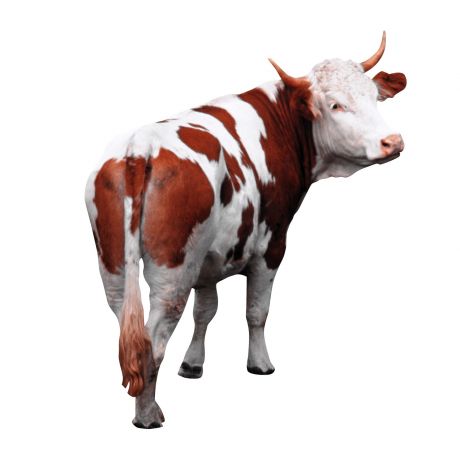
Faced with increasing competition in the food and drink industry from around the world, the EU has risen to the challenge by developing an innovative integrated pasteuriser and homogeniser for fluid foods such as milk and fruit juices.
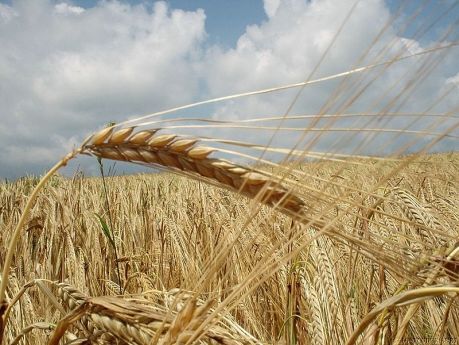
A central goal of EU agricultural policy is for consumers to have free choice among conventional, genetically modified and organic products. Research is establishing how these products can coexist in national and international supply chains.
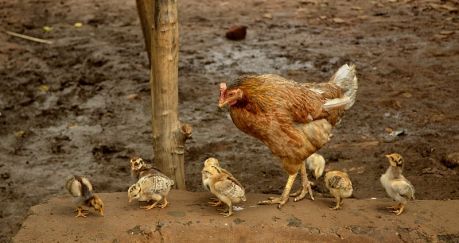
In an increasingly interconnected world animal diseases can cause serious social, economic and environmental damage and, in the case of zoonoses, threaten human health. EU funding supported the formation of a global strategic alliance to improve research coordination on these diseases.
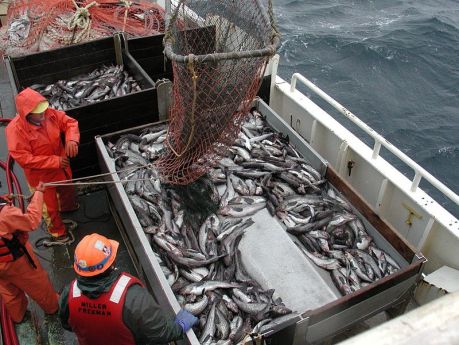
Over the last 10 years environmental issues have become more and more important for the seafood industry and its value chain as consumers and retailers wish to know whether stocks are managed sustainably. A new approach to documenting whitefish caught in European seas will help provide sustainability and environmental information to potential customers
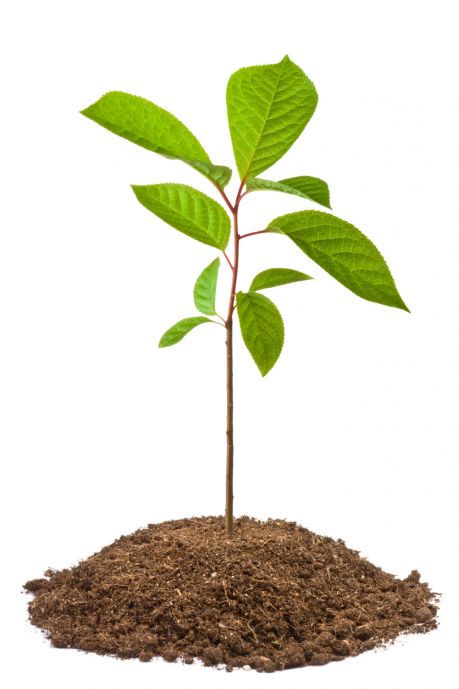
Scientists hope to minimise fertiliser use by improving how efficiently plants use nitrogen in the soil.

Nutrigenomics examines the relationship between food and gene expression. The ability to plan diet recommendations based on an individual's genetic profile is an exciting concept recently explored by an EU initiative.
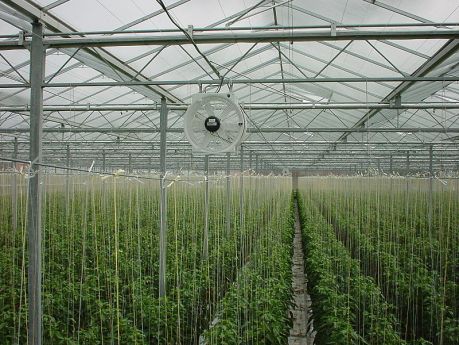
An EU study aimed to economically improve crop productivity through the addition of carbon dioxide (CO2) to greenhouses. Tests of the project-developed equipment proved the concept using sweet capsicum and tomatoes, paving the way for commercialisation.
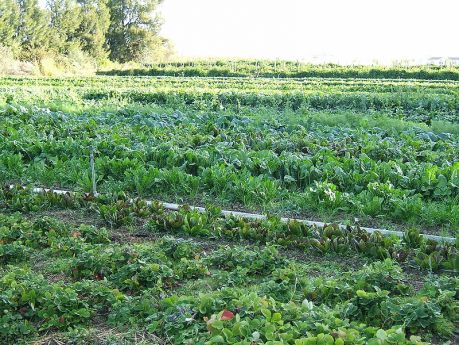
Researchers have discovered that roots provide plants with environmental information, enabling them to communicate with other plants and 'warn' them about impending stress.
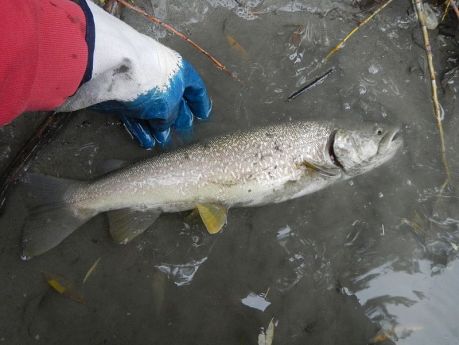
An EU team modelled a cold-water fish species' eco-evolutionary response to climate change. The study predicted that certain combinations of environmental change and fishing would threaten the ecological and economic viability of fish stocks.
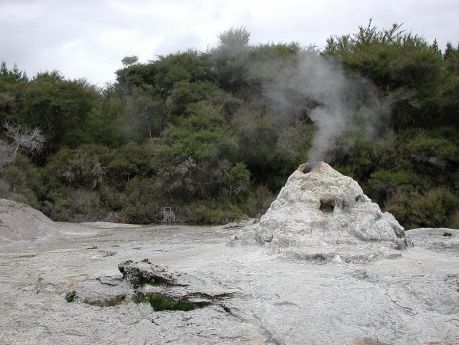
EU-funded researchers have identified a new generation of thermostable hydrolases. They showed better performance than current enzymes in a range of industrial processes such as paper pulp bleaching, oil drilling, and textile and food processes.
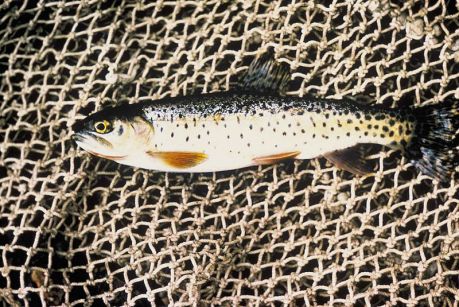
An EU initiative developed a sustainable network of top-level aquaculture research infrastructures (RIs), ultimately helping the European aquaculture industry to provide high-quality and nutritious food to European consumers.
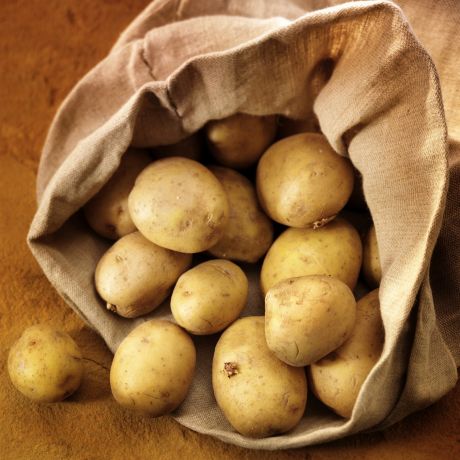
Climate models predict that droughts will become more frequent in the future. This poses a threat to the humble potato, which is highly sensitive to water stress compared to other species.
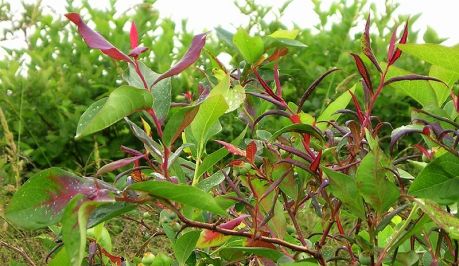
RNA silencing is an ancient defence mechanism of plants against viruses. Harnessing the genetics of this process may enable scientists to control viral infections in valuable crops.
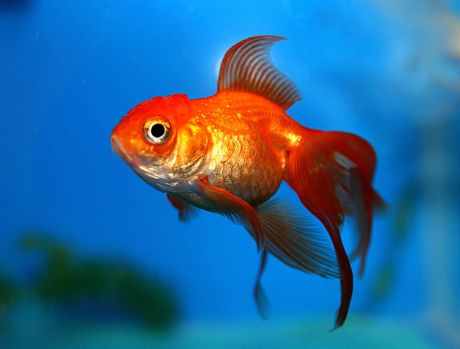
Up to 45 % of fish caught may be discarded due to poor preservation methods. An international team of EU-funded scientists studied post-harvest losses in the fisheries sector in order to help meet the United Nations' (UN) Millennium Development Goals (MDGs) of eradicating hunger and poverty.
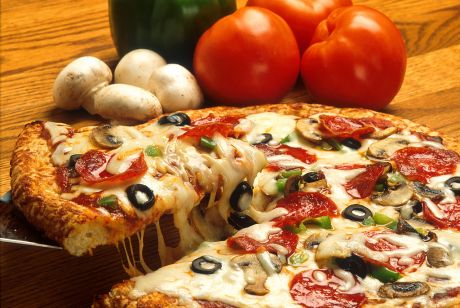
New food products and innovations introduced in the food industry have high failure rates. A better understanding of consumers' needs and improved communication among key players in the food innovation process could help to overcome this.

Lowering consumption of our planet's natural resources including generating less waste are global objectives. Even a 5 % increase in use of biodegradable packaging material in Europe could reduce non-renewable plastic waste by over 300 000 tonnes.
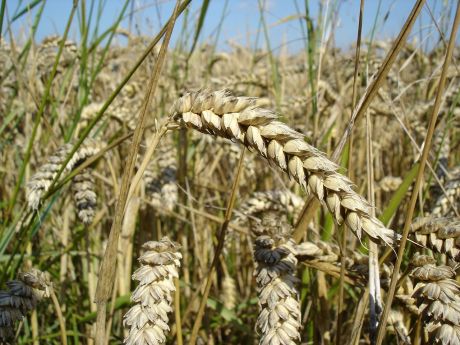
EU-funded plant biologists have developed a biostimulant that increases food production by combating stress and disease in commercial crops. The environment-friendly product comprises a blend of naturally derived biomolecules.
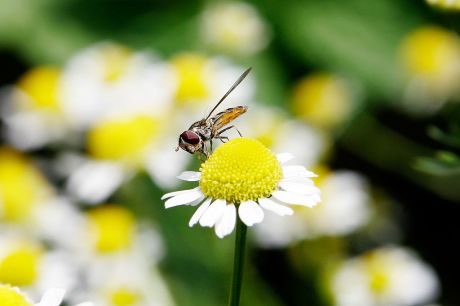
Triterpenoids are very common in plants and are part of the defence arsenal against pests and diseases. EU research has investigated how to move genes for these chemicals into crops that do not naturally have this advantage.

Zinc levels may soon be boosted in staple crops like rice by harnessing a zinc-binding mechanism that helps plants absorb this essential micronutrient from soil.

Researchers have conducted detailed laboratory experiments to figure out which groups of soil fungi and bacteria that break down sulphur-containing molecules in soil.
























